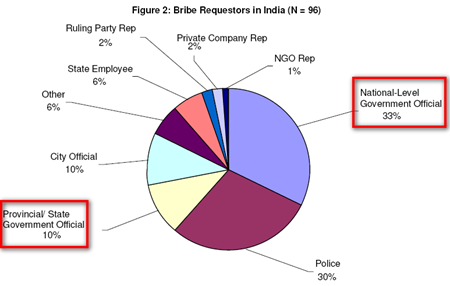On the wake of Anna Hazare’s Hunger strike, I happened to see a movie on another hunger striker, Bobby Sands. "Hunger", directed by Steve McQueen, depicts a real life story of IRA revolutionary Bobby Sands as he, along with other prison inmates, goes on indefinite hunger strike to protest against the English occupation of Northern Ireland and the denial to give political status to the IRA prisoners. The movie covers the days of “blanket and no wash” protest and the subsequent indefinite hunger strike. The hunger strike and subsequent death of 9 prisoners including Bobby Sands lead to a worldwide protest and condemnation of Margaret Thatcher’s policies and lead to a new wave of Irish nationalism.
There is an interesting conversation between Bobby Sands and the Father Dominic Moran, who was called in to dissuade him from the strike. That scene, about 20 mins long, was shot in a single go, and comes up suddenly after an hour or so without any dialogues. Michael Fassbender, who plays the role of Bobby Sands, went through a crash diet for the final part of the movie. The painful final minutes were indeed well enacted and picturised. The movie never tries to take sides. There is a scene where an IRA man comes and shoots a police man, in cold blood, inside an old age home when the policeman was talking to his aged mother, in front of her. It also tries to look at the conditions of policemen and wardens of the prison and how life becomes unsettling amidst riots and death threats.
After the success of various hunger strikes this has apparently become a favourite tool against establishments. Many bogus hunger strikers have emerged in political circle. Though many hunger strikes assumes the cloak of non-violence, there are always a threat of unprecedented violence on the event of the death of the striker. LTTE leader Thileepan, when IPKF was brought in, went ahead with a hunger strike. He thought India was still Gandhian and would consider his peaceful protests. But IPKF stayed and Thileepan died after 86 days. And we all know how they had started the plan to assassinate Rajiv Gandhi that moment and where it all ended. Similar thing happened since the death of Potti Sriramulu. That exactly would have happened, had GOI allowed Anna Hazare to fast until death. And that is what makes it a blackmailing act, which may or may not be an intention of the striker but definitely looms as a tipping point for an avalanche of human sentiments. That makes hunger strike a potentially violent act.
PS. Bobby Sands was elected to British parliament when he was doing hunger strike in the prison. Iranian government changed the name of ‘Winston Churchill Boulevard’ where British Embassy stood to Bobby Sands street. British embassy changed their entrance to adjacent street to avoid using Bobby Sand’s name in their address!


